Home>Technology>Security & Surveillance>What Is A Smart Lock For Airbnb
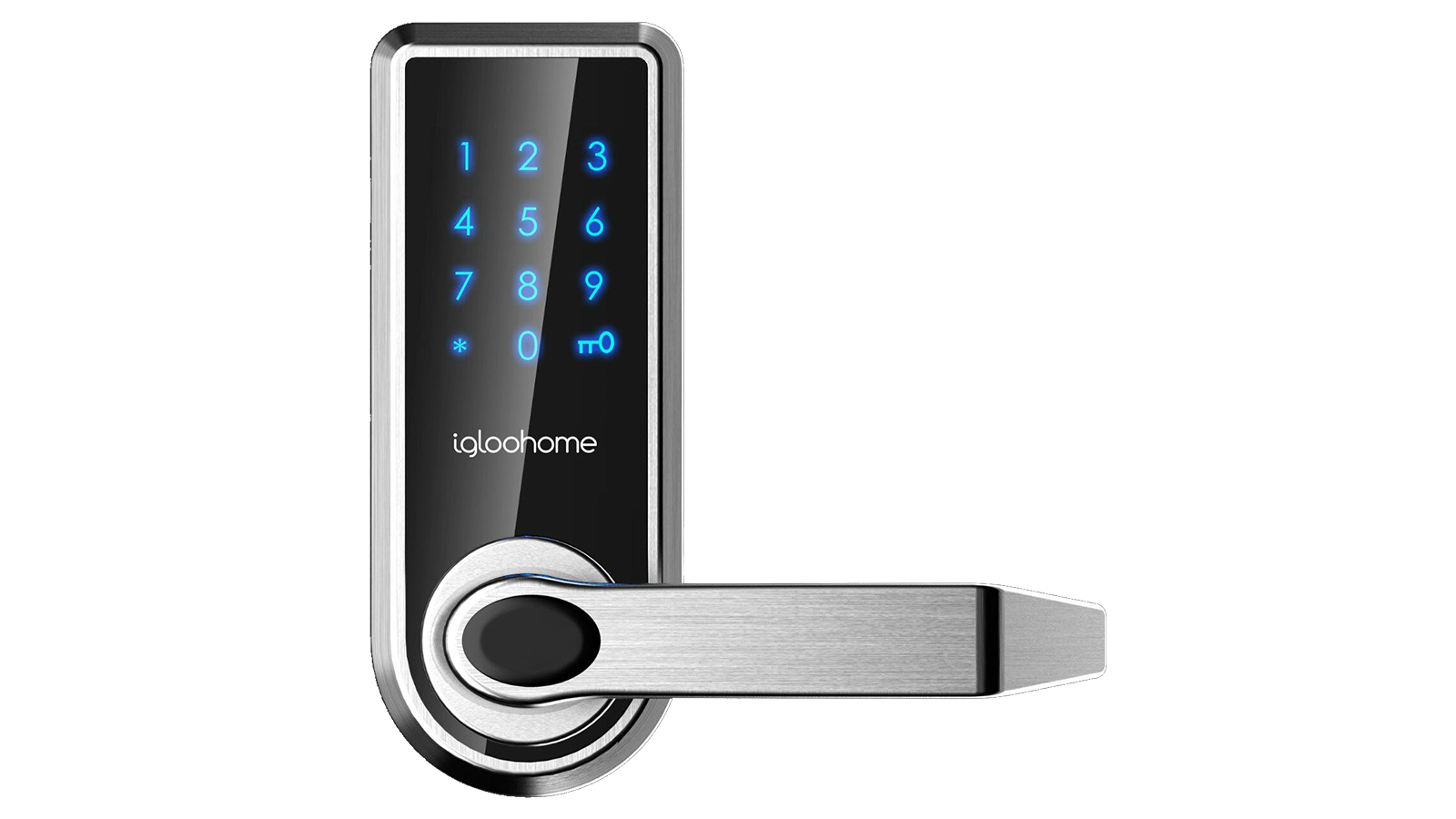

Security & Surveillance
What Is A Smart Lock For Airbnb
Modified: January 9, 2024
Discover the benefits of using a smart lock for your Airbnb property, enhancing security and surveillance for both hosts and guests. Explore the latest tech solutions to protect your rental property.
(Many of the links in this article redirect to a specific reviewed product. Your purchase of these products through affiliate links helps to generate commission for Storables.com, at no extra cost. Learn more)
Introduction
Smart locks have revolutionized the way we secure our homes and properties, offering convenience, flexibility, and enhanced security. In the context of Airbnb rentals, smart locks have become increasingly popular due to their ability to streamline the check-in and check-out processes while ensuring the safety of both hosts and guests.
Smart locks for Airbnb properties are designed to provide a seamless and secure access control solution, eliminating the need for physical keys and the associated risks of loss or unauthorized duplication. These innovative devices leverage cutting-edge technology to offer remote management capabilities, real-time monitoring, and customizable access permissions.
In this article, we will delve into the intricacies of smart locks for Airbnb, exploring how they work, the benefits they offer to hosts and guests, key features to consider when selecting a smart lock, the installation and setup process, as well as addressing security and privacy concerns. Whether you are a seasoned Airbnb host or considering venturing into the world of short-term rentals, understanding the potential of smart locks can empower you to elevate the guest experience and safeguard your property with confidence.
Join us on this insightful journey as we unravel the transformative impact of smart locks on the Airbnb ecosystem, shedding light on their functionality, advantages, and essential considerations for integration. Let's embark on a quest to unlock the potential of smart technology in redefining the hospitality landscape.
Key Takeaways:
- Smart locks for Airbnb offer convenient, secure access control, replacing traditional keys with digital credentials and real-time monitoring. They elevate the guest experience and streamline property management for hosts.
- When choosing a smart lock for Airbnb, consider features like remote access, integration with Airbnb, customizable access codes, and security measures. Careful installation and proactive security measures ensure a seamless and trustworthy experience for hosts and guests.
Read more: What Is A Smart Lock
How Do Smart Locks Work?
Smart locks employ a sophisticated blend of technology to redefine access control, offering a seamless and secure alternative to traditional key-based systems. These innovative devices integrate seamlessly with the Airbnb platform, empowering hosts to manage property access remotely and provide guests with a frictionless check-in experience.
At the core of a smart lock’s functionality is its ability to communicate with connected devices, such as smartphones, tablets, or dedicated key fobs, using various wireless protocols such as Bluetooth, Wi-Fi, or Z-Wave. This connectivity enables hosts to grant or revoke access to their properties from anywhere, eliminating the need for physical key exchanges and enhancing operational efficiency.
When a guest books an Airbnb property equipped with a smart lock, they receive digital credentials that allow them to unlock the door using a mobile app or a unique access code. This eliminates the inconvenience and security risks associated with traditional keys, offering a seamless and secure entry process.
Smart locks also feature advanced encryption and authentication mechanisms to safeguard access credentials, ensuring that only authorized individuals can unlock the door. Additionally, many smart locks offer activity logs, providing hosts with real-time visibility into guest entry and exit times, enhancing security and accountability.
Furthermore, some smart locks integrate with voice assistants such as Amazon Alexa or Google Assistant, enabling hands-free control and adding an extra layer of convenience for both hosts and guests. This seamless integration with voice commands enhances the overall user experience and simplifies the management of property access.
By harnessing the power of smart connectivity, encryption, and user-friendly interfaces, smart locks for Airbnb properties redefine the check-in and check-out experience, offering a secure, convenient, and technologically advanced solution for hosts and guests alike.
Benefits of Using Smart Locks for Airbnb
Implementing smart locks in Airbnb properties presents a myriad of advantages for hosts, guests, and property managers. These innovative access control solutions not only streamline the guest experience but also elevate security, operational efficiency, and overall convenience.
Here are some key benefits of using smart locks for Airbnb:
- Enhanced Security: Smart locks eliminate the vulnerabilities associated with physical keys, such as unauthorized duplication and the risk of misplacement. Advanced encryption and authentication protocols ensure that only authorized individuals can access the property, bolstering security for both hosts and guests.
- Convenient Access Management: Hosts can remotely grant or revoke access to their properties, eliminating the need for physical key exchanges and offering a seamless check-in and check-out process for guests. This flexibility empowers hosts to efficiently manage multiple properties and provide 24/7 support to guests.
- Real-Time Monitoring: Many smart locks offer activity logs that provide hosts with real-time visibility into guest entry and exit times. This transparency enhances security and enables hosts to keep track of property access, fostering a sense of accountability and peace of mind.
- Customizable Access Permissions: Smart locks allow hosts to create unique access codes for each guest, ensuring that access is tailored to individual reservations. This personalized approach enhances security and simplifies access management, offering a tailored experience for every guest.
- Seamless Integration: Smart locks seamlessly integrate with the Airbnb platform, allowing for automated guest access based on reservation details. This integration streamlines the check-in process, offering a frictionless experience for guests while reducing the administrative burden on hosts.
- Remote Control and Alerts: Hosts can receive real-time alerts and notifications regarding property access, ensuring that they stay informed about guest arrivals and departures. Additionally, remote locking and unlocking capabilities offer peace of mind and operational control from anywhere.
- Enhanced Guest Experience: Smart locks contribute to a modern and tech-savvy guest experience, aligning with the expectations of today’s travelers. The convenience and security offered by smart locks can enhance guest satisfaction and contribute to positive reviews and repeat bookings.
By harnessing the benefits of smart locks, Airbnb hosts can elevate the guest experience, strengthen security measures, and streamline operational processes, ultimately redefining the standards of hospitality in the digital age.
Features to Consider When Choosing a Smart Lock for Airbnb
When selecting a smart lock for an Airbnb property, hosts should carefully assess a range of features to ensure that the chosen device aligns with their specific needs, enhances security, and delivers a seamless guest experience. Here are key features to consider when choosing a smart lock for Airbnb:
- Remote Access and Control: Look for smart locks that offer robust remote access and control capabilities, allowing hosts to manage property access from anywhere via a dedicated mobile app or web portal. This feature streamlines guest check-in and check-out processes and facilitates seamless property management.
- Integration with Airbnb: Opt for smart locks that seamlessly integrate with the Airbnb platform, enabling automated guest access based on reservation details. This integration eliminates the need for manual intervention and enhances operational efficiency for hosts.
- Customizable Access Codes: Choose a smart lock that allows hosts to create and manage unique access codes for each guest. Customizable access permissions enable hosts to tailor access to individual reservations, enhancing security and simplifying access management.
- Activity Monitoring and Logs: Consider smart locks that provide detailed activity logs, offering real-time visibility into guest entry and exit times. Activity monitoring enhances security, fosters accountability, and allows hosts to keep track of property access.
- Integration with Voice Assistants: For added convenience, select smart locks that integrate with popular voice assistants such as Amazon Alexa or Google Assistant. Voice control capabilities enhance the user experience and offer hands-free access management.
- Battery Life and Backup: Assess the battery life of the smart lock and inquire about backup power options in case of battery depletion. Reliable battery performance and backup solutions are essential to ensure uninterrupted access to the property.
- Security Features: Prioritize smart locks with advanced security features such as end-to-end encryption, multi-factor authentication, and tamper detection mechanisms. Robust security measures are crucial to safeguard property access and protect against unauthorized entry.
- Ease of Installation: Look for smart locks that offer straightforward installation processes, minimizing the need for professional assistance and ensuring a hassle-free setup for hosts.
- Compatibility with Door Types: Verify the compatibility of the smart lock with the specific door type and existing hardware of the property. Whether it’s a standard deadbolt or a multipoint locking system, ensuring compatibility is essential for seamless integration.
- Support and Warranty: Consider smart locks backed by comprehensive customer support and warranty provisions. Reliable support and warranty coverage offer assurance and assistance in the event of technical issues or concerns.
By carefully evaluating these key features, Airbnb hosts can make informed decisions when selecting a smart lock, ensuring that the chosen device aligns with their operational requirements, enhances security, and contributes to a seamless and secure guest experience.
When choosing a smart lock for your Airbnb, look for one that allows you to easily change access codes for each guest, provides a log of who enters and exits, and has a backup key option in case of technology failure.
Installation and Setup Process
The installation and setup of a smart lock for an Airbnb property play a pivotal role in ensuring seamless integration, reliable functionality, and a hassle-free experience for both hosts and guests. While the specific steps may vary based on the chosen smart lock model, the general process typically involves the following key elements:
Assessment of Compatibility: Before initiating the installation, hosts should assess the compatibility of the chosen smart lock with the existing door type and hardware. This includes verifying compatibility with the door’s dimensions, lock type, and any additional requirements for seamless integration.
Pre-Installation Preparation: Hosts should familiarize themselves with the smart lock’s installation instructions, gather the necessary tools, and ensure that the property’s Wi-Fi network or any required connectivity options are operational and accessible at the installation site.
Physical Installation: The physical installation of the smart lock involves removing the existing lock hardware, if applicable, and mounting the smart lock according to the manufacturer’s guidelines. This typically includes securing the mounting plate, installing the lock mechanism, and ensuring proper alignment and fit with the door and frame.
Connectivity Setup: Once the smart lock is physically installed, hosts need to configure the device’s connectivity options, such as connecting it to a Wi-Fi network or pairing it with a dedicated hub or gateway if required. This step enables remote access and control capabilities for seamless management.
Mobile App or Web Portal Setup: Hosts should download the associated mobile app for the smart lock or access the web portal to create an account, register the device, and complete the initial setup process. This involves creating user profiles, setting up access codes, and configuring personalized access permissions as needed.
Integration with Airbnb: If the smart lock offers integration with the Airbnb platform, hosts should follow the designated steps to link the device to their Airbnb account. This integration enables automated guest access based on reservation details, streamlining the check-in process.
Testing and Troubleshooting: After completing the installation and setup, hosts should thoroughly test the smart lock’s functionality, including remote access, locking and unlocking operations, and user-specific access code verification. This testing phase allows hosts to identify and address any potential issues or concerns.
User Guidance and Communication: Upon successful installation and setup, hosts should provide clear guidance to guests regarding the smart lock’s operation, access codes, and any relevant instructions for a smooth check-in process. Effective communication contributes to a positive guest experience and minimizes potential confusion.
By following these essential steps and ensuring meticulous attention to detail, hosts can navigate the installation and setup process of a smart lock for their Airbnb property with confidence, setting the stage for secure, convenient, and technologically advanced access control.
Read more: What Is A Smart Door Lock
Security and Privacy Concerns
While smart locks offer a host of benefits for Airbnb hosts and guests, it’s essential to address potential security and privacy considerations to ensure the integrity of property access and personal data. By proactively acknowledging and mitigating these concerns, hosts can foster a secure and trustworthy environment for their guests while safeguarding their property and sensitive information.
Encryption and Authentication: Hosts should prioritize smart locks that employ robust encryption protocols and authentication mechanisms to protect access credentials and communication between the lock and connected devices. End-to-end encryption and multi-factor authentication enhance security and prevent unauthorized access attempts.
Regular Software Updates: To mitigate security vulnerabilities, hosts should stay vigilant about installing software updates and security patches provided by the smart lock manufacturer. Regular updates help address potential vulnerabilities and ensure that the smart lock remains resilient against emerging threats.
Secure Access Code Management: Hosts should emphasize the secure management of access codes, ensuring that unique codes are assigned to each guest and promptly revoked after their stay. Implementing a policy of code expiration and regular code rotation can reduce the risk of unauthorized access.
Privacy of Guest Data: Hosts must uphold the privacy of guest data collected through the smart lock, including entry and exit logs. It’s imperative to communicate transparently with guests about the collection and use of this data, adhering to privacy regulations and ethical data handling practices.
Physical Tamper Resistance: Smart locks should be designed with physical tamper resistance features to deter unauthorized manipulation or forced entry attempts. Reinforced construction and tamper detection mechanisms contribute to the overall security posture of the smart lock.
Network Security: Hosts should secure their Wi-Fi network and any connected devices to prevent unauthorized access to the smart lock’s communication channels. Implementing strong, unique passwords, enabling network encryption, and utilizing network segmentation can bolster overall network security.
Vendor Trustworthiness: When selecting a smart lock, hosts should assess the reputation and trustworthiness of the manufacturer or vendor. Choosing reputable brands with a track record of prioritizing security and privacy can instill confidence in the reliability of the smart lock.
Guest Education: Hosts should provide clear guidance to guests regarding the use of the smart lock, access code management, and privacy considerations. Educating guests about the proper use of the smart lock and their role in maintaining security and privacy can foster a cooperative and informed approach.
By addressing these security and privacy concerns proactively, Airbnb hosts can cultivate a secure and privacy-respecting environment, instilling confidence in guests while leveraging the benefits of smart lock technology to enhance the overall guest experience.
Conclusion
Smart locks have emerged as a transformative asset for Airbnb hosts, revolutionizing the management of property access and redefining the guest experience. By leveraging cutting-edge technology, robust security measures, and seamless integration with the Airbnb platform, smart locks offer a myriad of benefits that elevate security, convenience, and operational efficiency.
From customizable access permissions and real-time monitoring to remote access control and seamless integration, smart locks empower hosts to streamline the check-in process, enhance security, and deliver a modern, tech-savvy experience for guests. The ability to manage property access remotely, create unique access codes, and receive real-time alerts contributes to a seamless and secure operational framework for short-term rentals.
However, as with any technology, it’s crucial for hosts to address security and privacy concerns proactively, implementing best practices to safeguard access credentials, guest data, and the physical integrity of the smart lock. By prioritizing encryption, regular updates, secure access code management, and transparent communication with guests, hosts can foster a trustworthy environment while harnessing the benefits of smart lock technology.
Ultimately, the integration of smart locks into the Airbnb ecosystem represents a paradigm shift in access control and guest management, aligning with the evolving expectations of modern travelers and the imperative for robust security measures. By carefully selecting a smart lock with the essential features, navigating the installation process with diligence, and addressing security and privacy considerations, hosts can unlock the full potential of smart technology in enhancing the guest experience and fortifying property security.
As the hospitality landscape continues to embrace innovation and digitalization, smart locks stand as a testament to the convergence of convenience, security, and operational efficiency in the realm of short-term rentals. With a keen focus on leveraging technology to empower hosts and delight guests, smart locks pave the way for a new era of access control and guest-centric hospitality in the vibrant world of Airbnb rentals.
Frequently Asked Questions about What Is A Smart Lock For Airbnb
Was this page helpful?
At Storables.com, we guarantee accurate and reliable information. Our content, validated by Expert Board Contributors, is crafted following stringent Editorial Policies. We're committed to providing you with well-researched, expert-backed insights for all your informational needs.
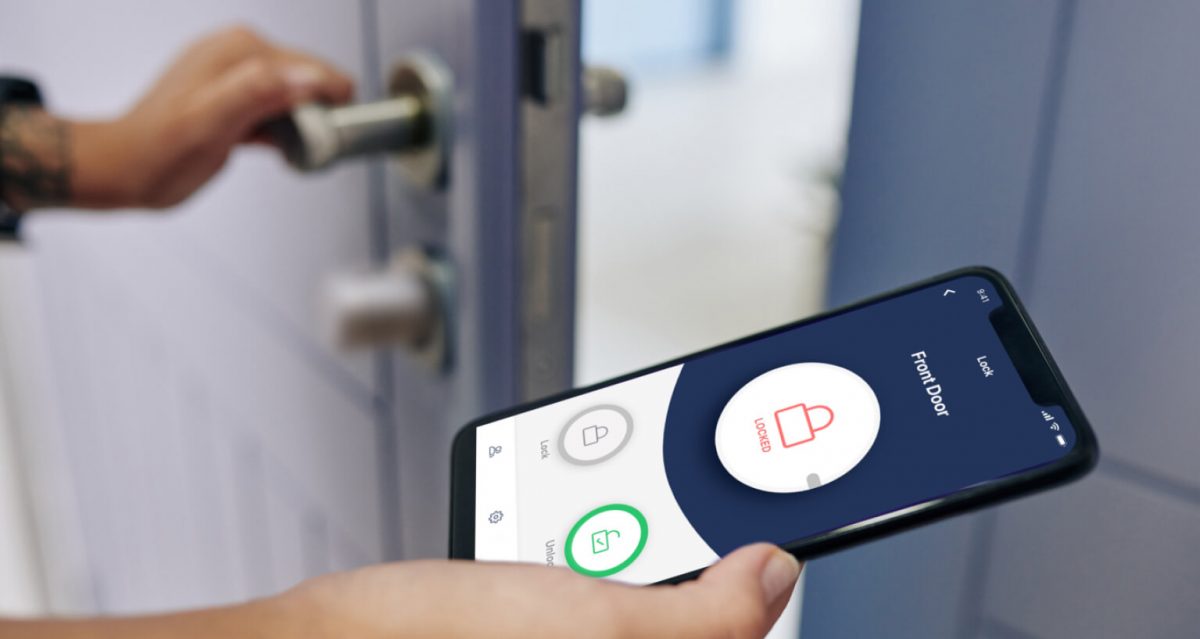
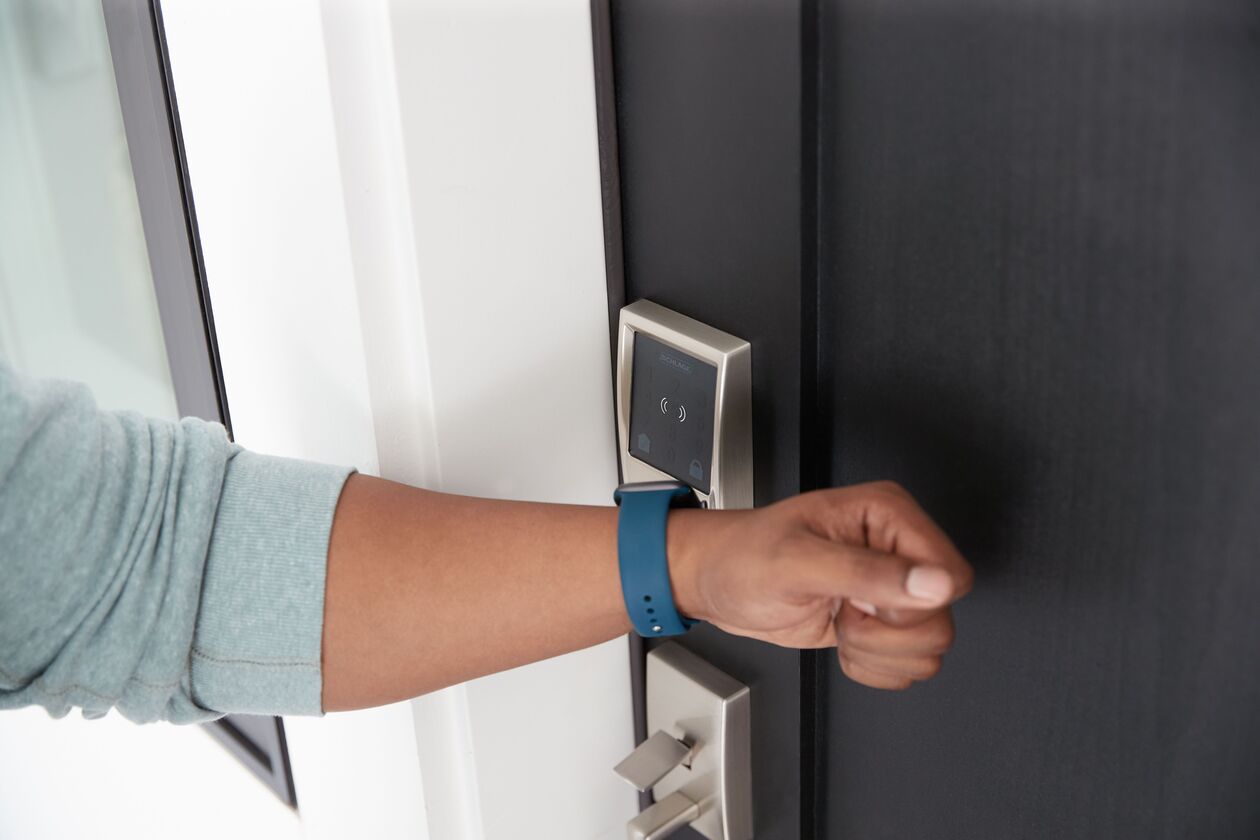
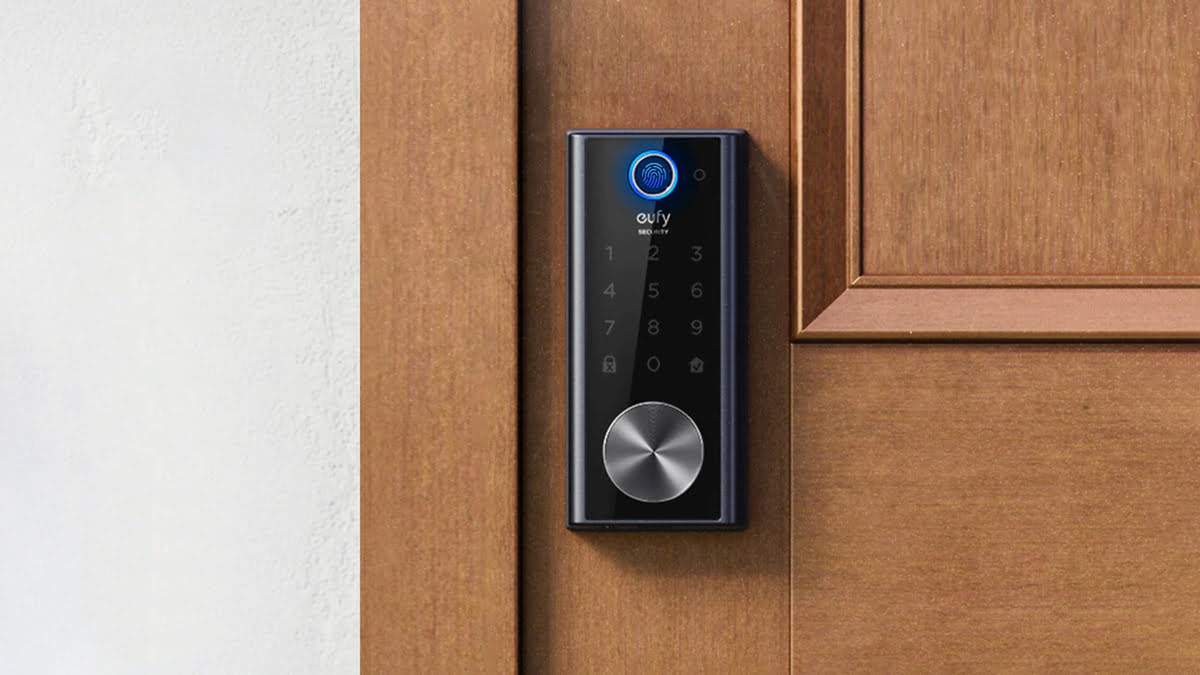
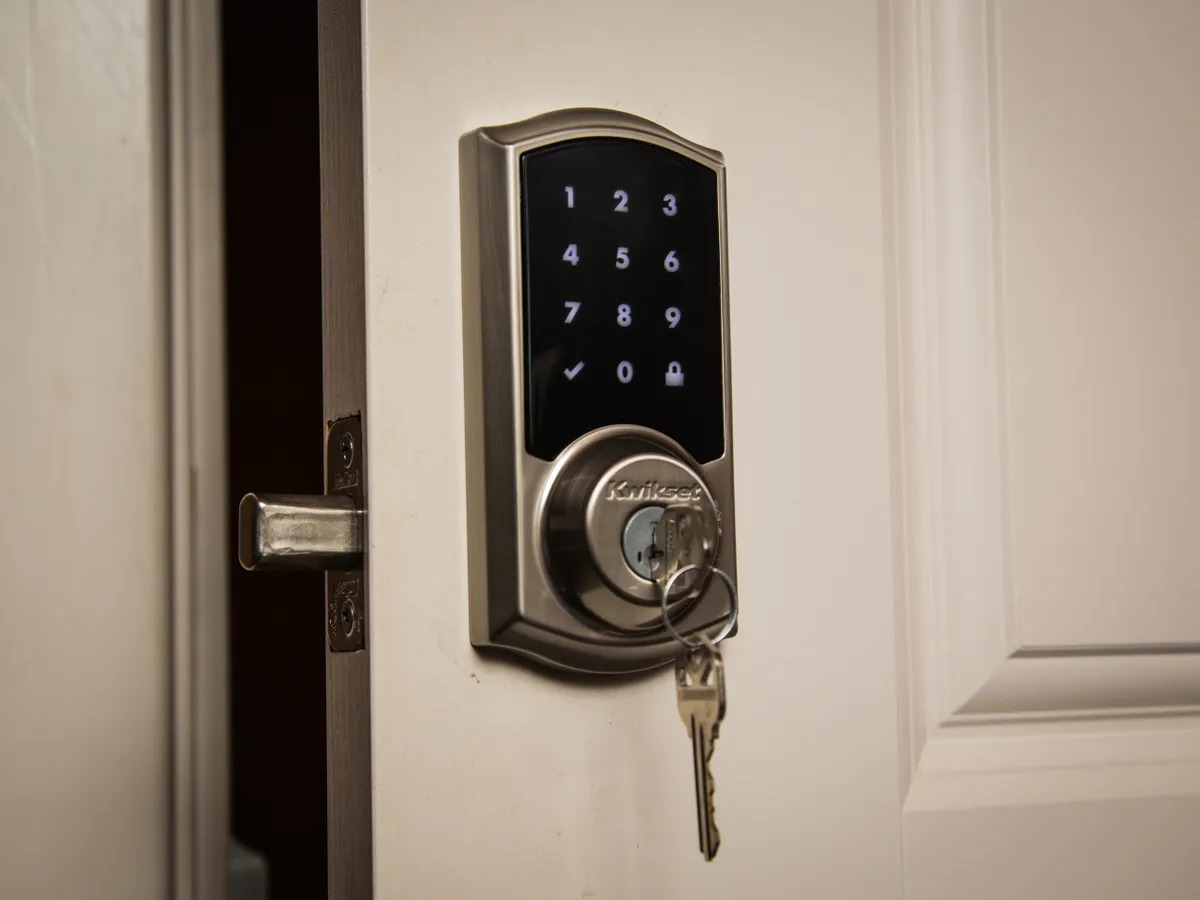
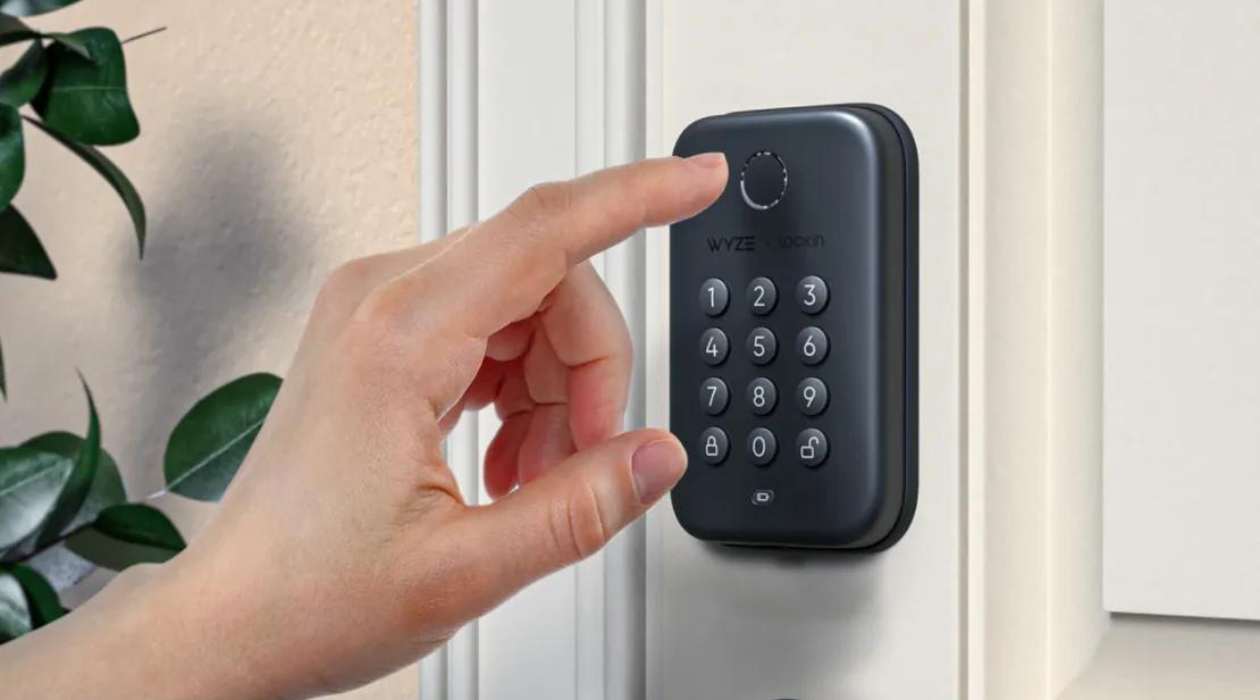
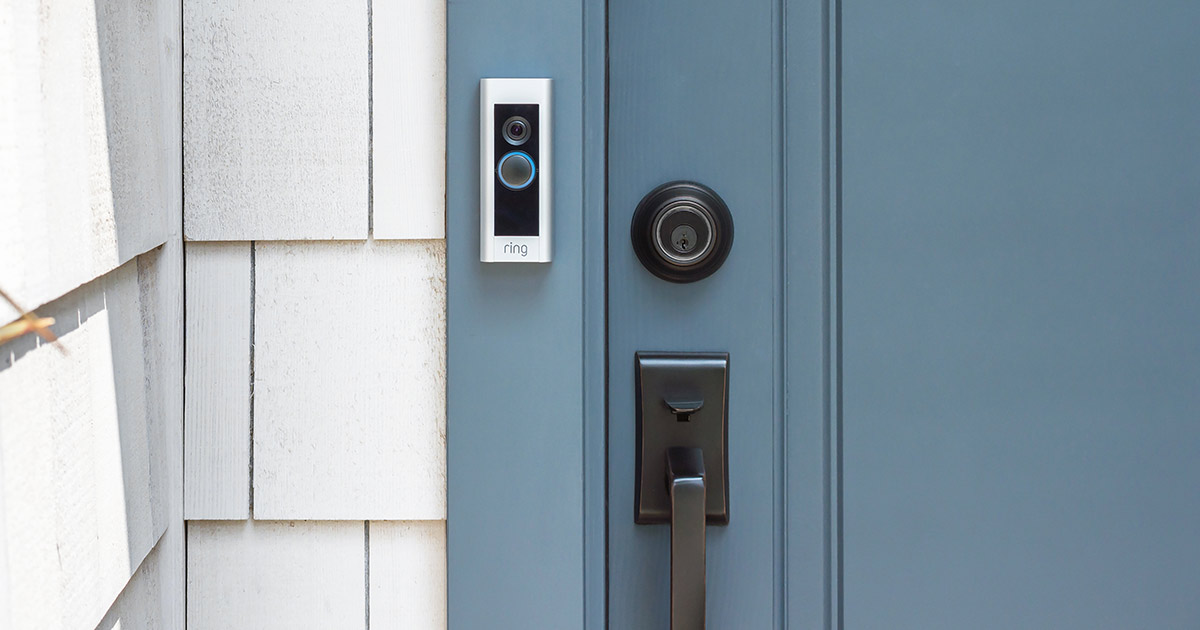
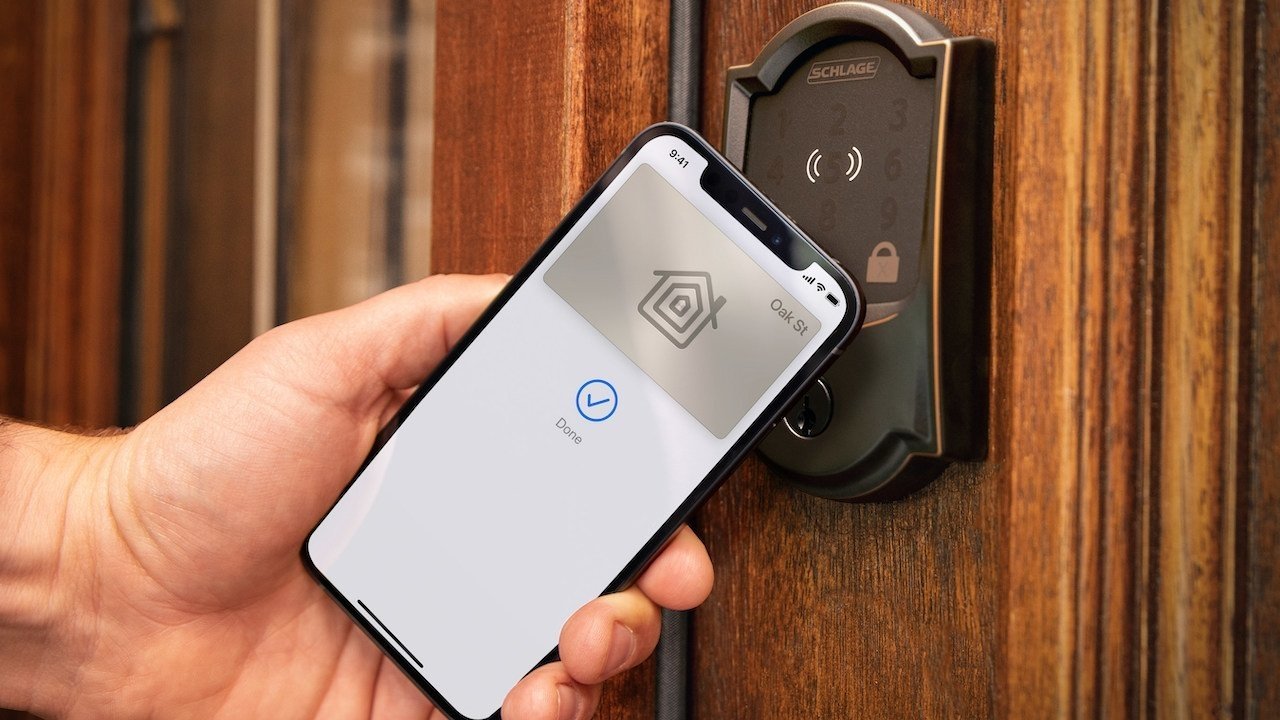
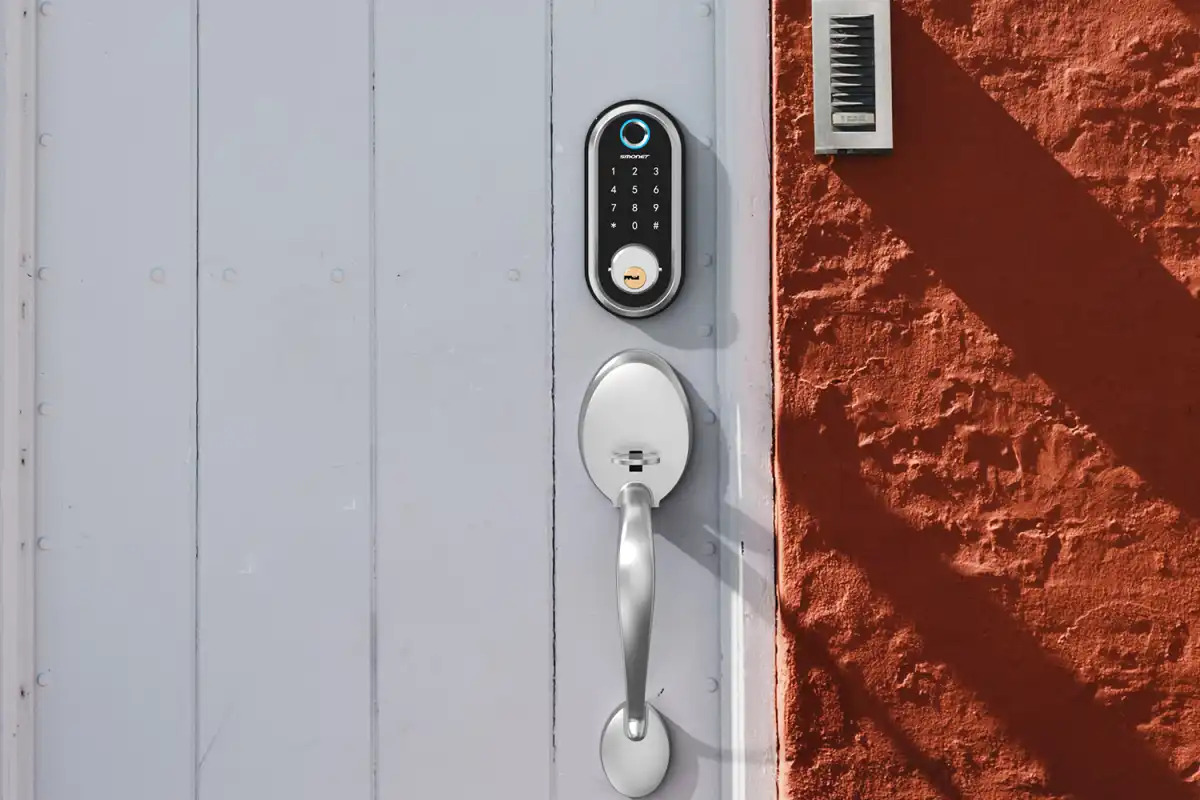
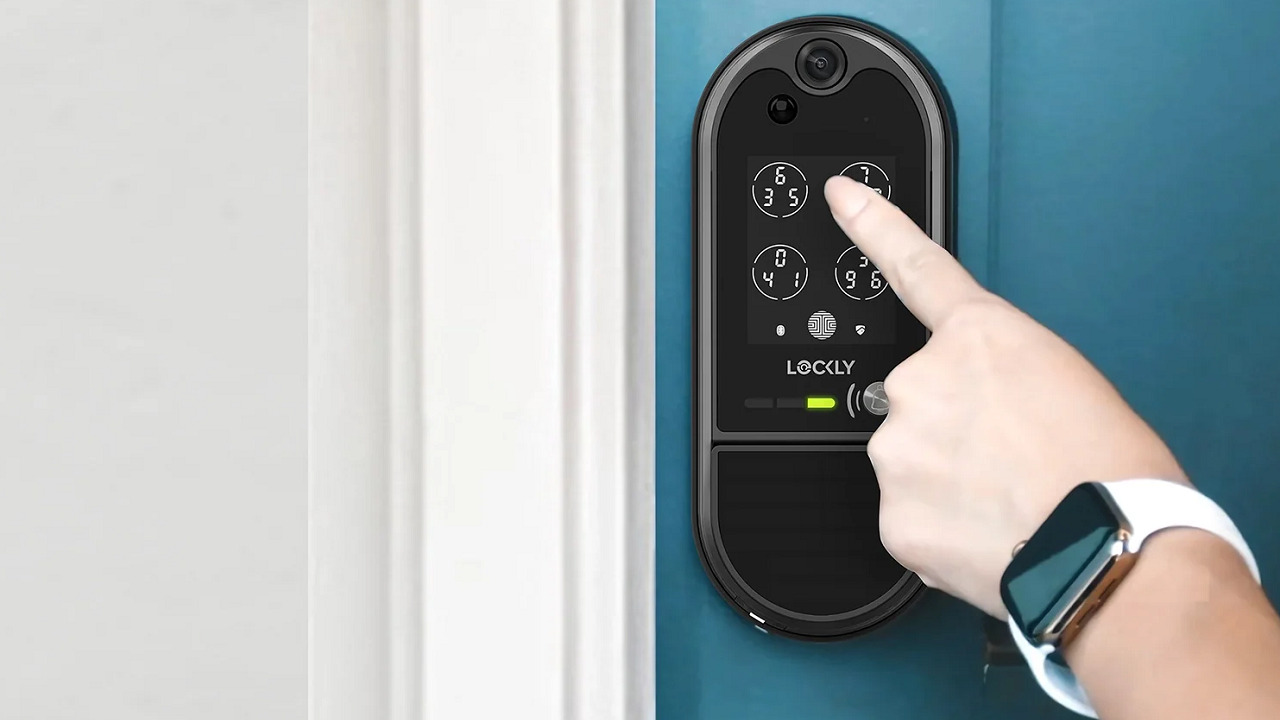
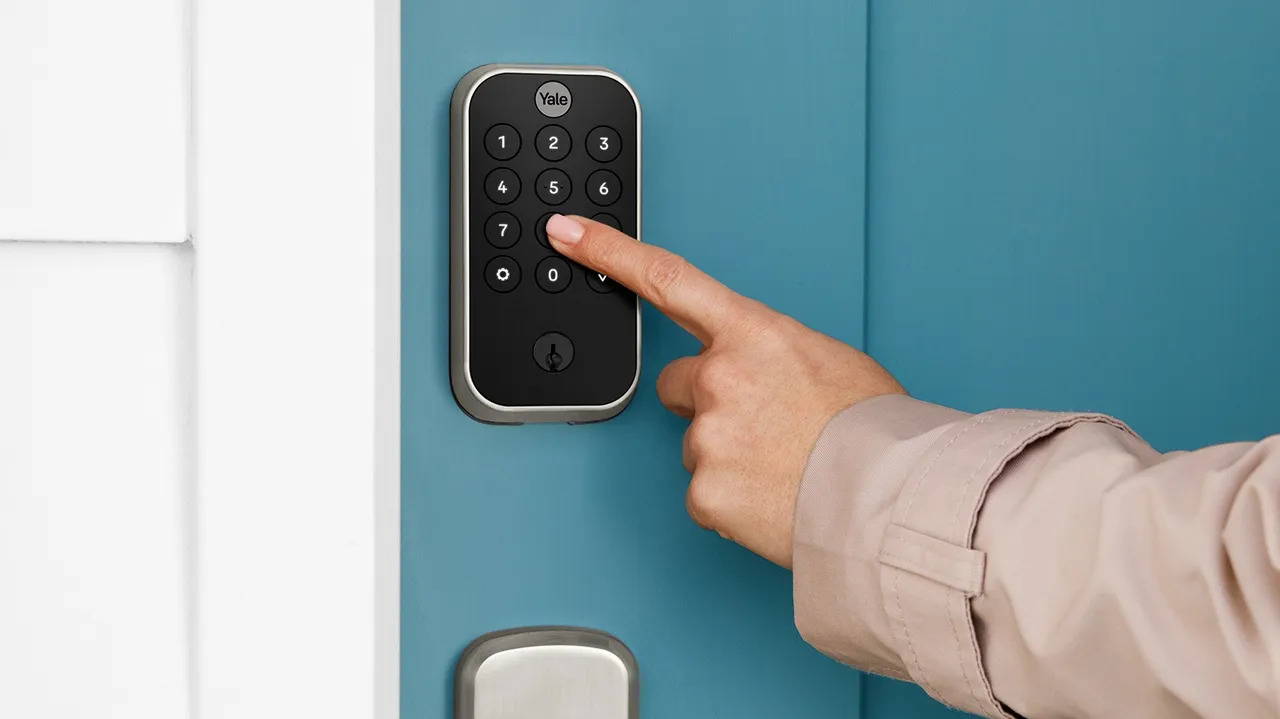
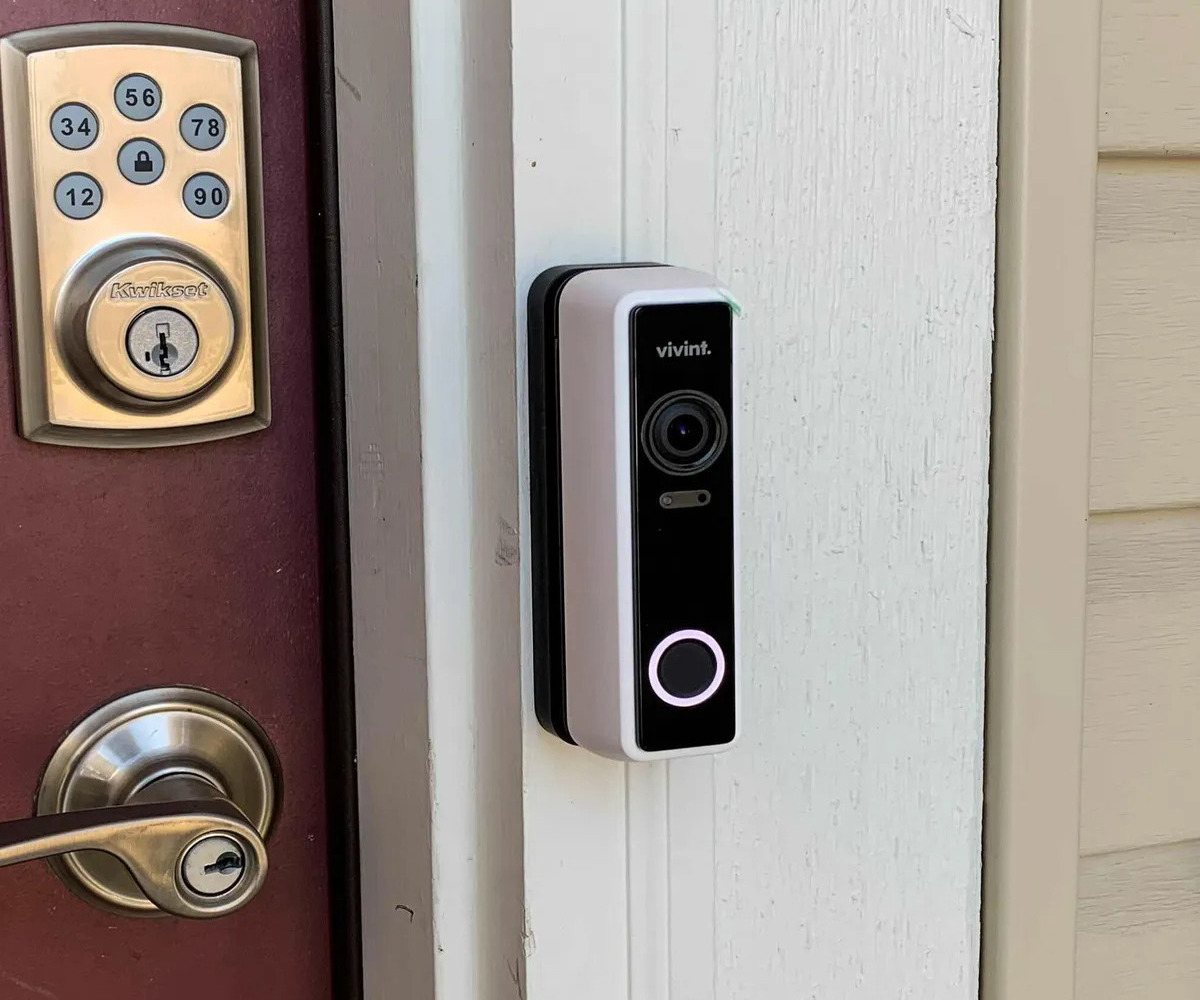
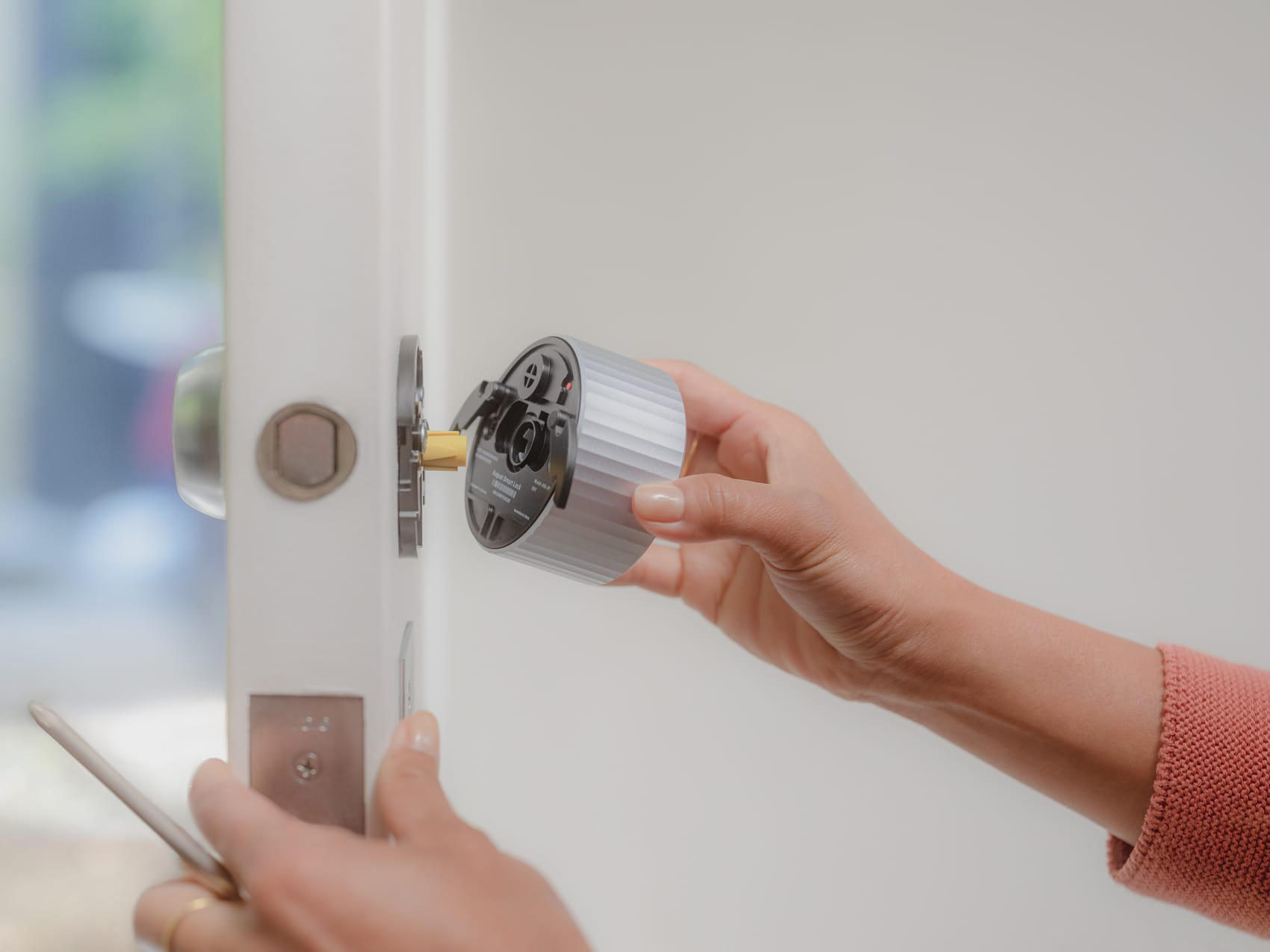
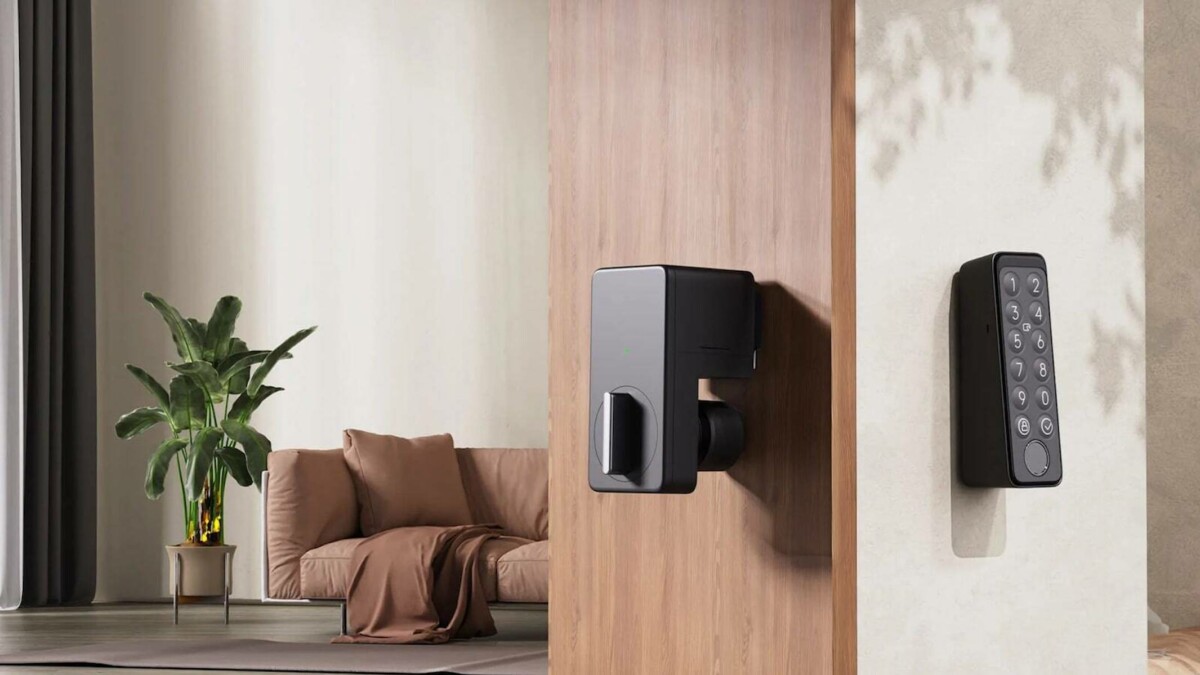
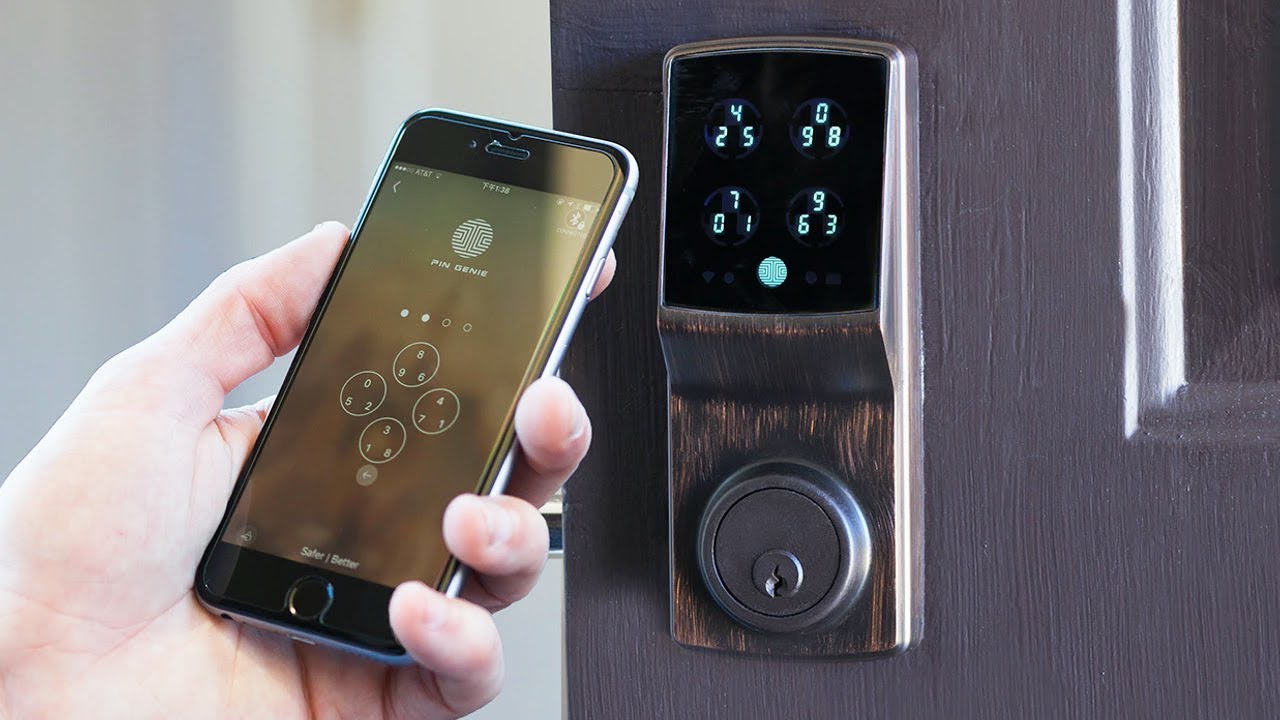

0 thoughts on “What Is A Smart Lock For Airbnb”